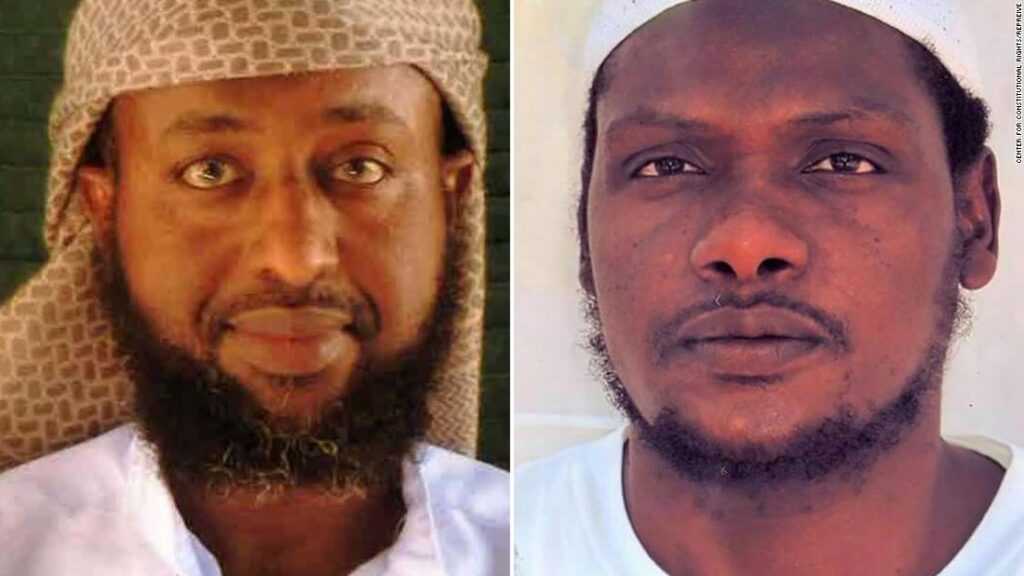The United States has released Mohammed Abdul Malik Bajabu, a Guantanamo Bay detainee, to Kenya, bringing the remaining detainee count at the facility to just 29.
This decision reflects ongoing efforts to close the infamous US detention center.
Bajabu’s Transfer Marks a Significant Step
The Pentagon announced Bajabu’s transfer on Tuesday. Secretary of Defense Lloyd Austin approved this decision last month, notifying Congress in line with standard protocol.
Arrested in Mombasa, Kenya, in 2007, Bajabu was later accused of involvement with al-Qaeda’s East African branch. He spent nearly two decades at Guantanamo following his detention.
The Periodic Review Board determined in 2021 that Bajabu no longer posed a significant threat to US national security. This review paved the way for his eventual release, as the US sought to responsibly downsize the Guantanamo detainee population.

Human Rights Advocacy Celebrates Bajabu’s Freedom
Reprieve US, a nonprofit that represented Bajabu, expressed relief over his release. According to the organization, Bajabu endured severe torture at the hands of both Kenyan and US military personnel during his detention.
“The US robbed an innocent man of the best years of his life,” said one of Bajabu’s lawyers. “His children, once infants, are now adults. While this injustice cannot be undone, the least the US can do is ensure Abdulmalik receives the support he needs to rebuild his life.”
The Legacy of Guantanamo Bay
Opened in 2002 during the “war on terror,” Guantanamo Bay housed nearly 800 detainees at its peak. Many of these individuals endured inhumane treatment under the CIA’s “enhanced interrogation” program, a controversial policy authorized during George W. Bush’s administration.
Barack Obama’s administration made efforts to close Guantanamo but faced significant legal and political roadblocks. Today, 29 detainees remain at the facility, with 15 of them cleared for transfer.
Challenges in Closing Guantanamo
Despite ongoing efforts, closing Guantanamo Bay has proven challenging. Detainees often wait years for release as Washington negotiates with other nations to accept them.
In July, Khalid Sheikh Mohammed, accused of masterminding the 9/11 attacks, entered a plea deal with two other detainees. The agreement would have spared them the death penalty, but the Pentagon’s decision to block the deal underscores the political complexity surrounding the facility’s operations.
Aiming for Closure
On Tuesday, the Pentagon reiterated its commitment to closing Guantanamo Bay. “The United States appreciates the support for ongoing efforts toward responsibly reducing the detainee population and ultimately shutting down the facility,” it stated.
As Bajabu begins his journey toward reintegration in Kenya, his release symbolizes a step toward resolving the enduring controversies tied to Guantanamo Bay.
Read More:















